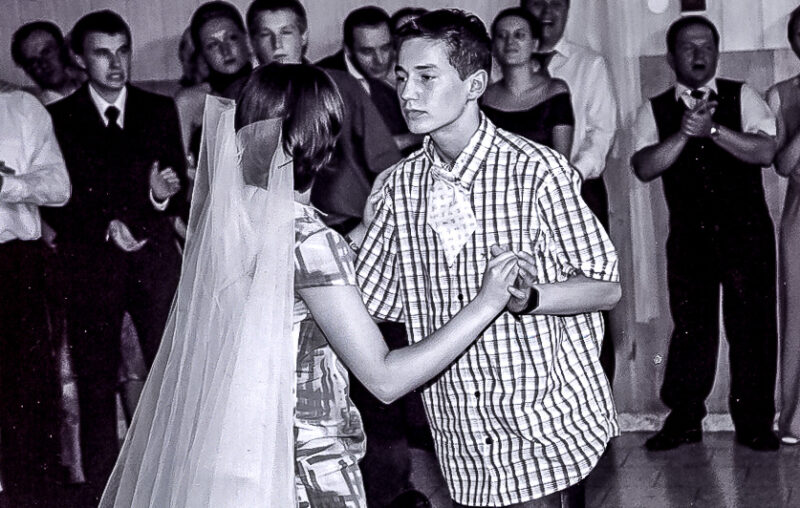that I stand there with the awful truth rattling around in my head–that which I only admit even to myself only rarely. Sometimes the class dynamic is such that I could teach the class drunk or sober, I could teach new material or review material that I know is problematic, I could be a hard-ass or totally relaxed, and the result in each case would be the same: a complete waste of time.
Really, I walk out of some lessons thinking I wasted my time and their time together. A class of twenty — that’s fifteen man-hours down the tube.
And I wish I could put all the blame at students’ feet. After all, it’s only human not to want to fess up to your own failings. But truth is, I waste as much time as they do sometimes. The trouble is, I only realize that after the time has been wasted. (Nice passive attempt to avoid responsibility.)
The upshot is that there’s always tomorrow’s lesson to make up for it. But sometimes tomorrow’s schedule looms instead of sitting there passively.





